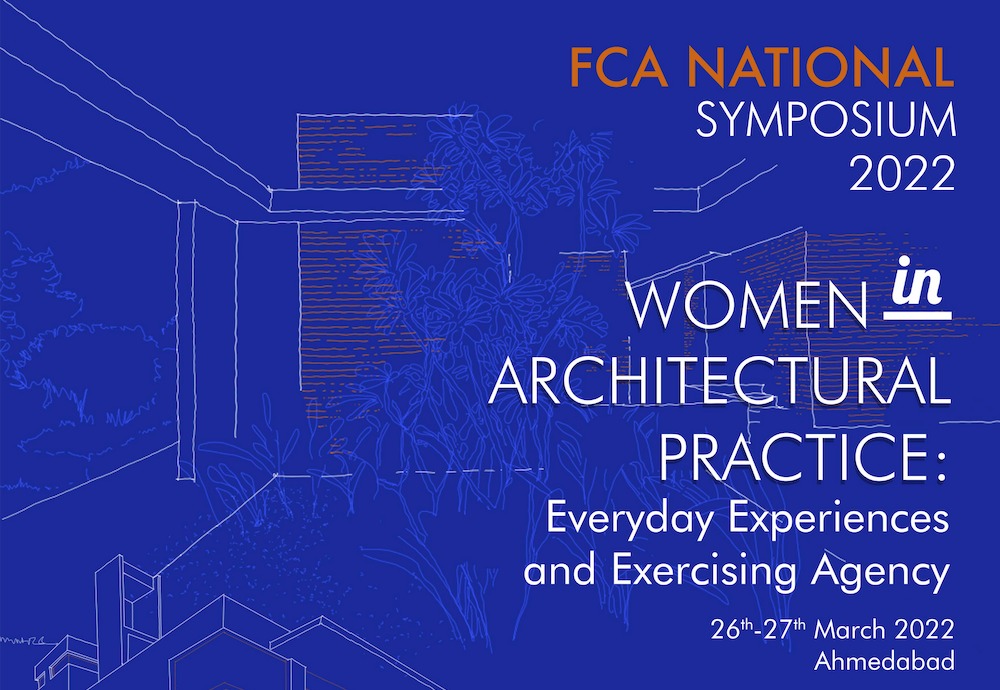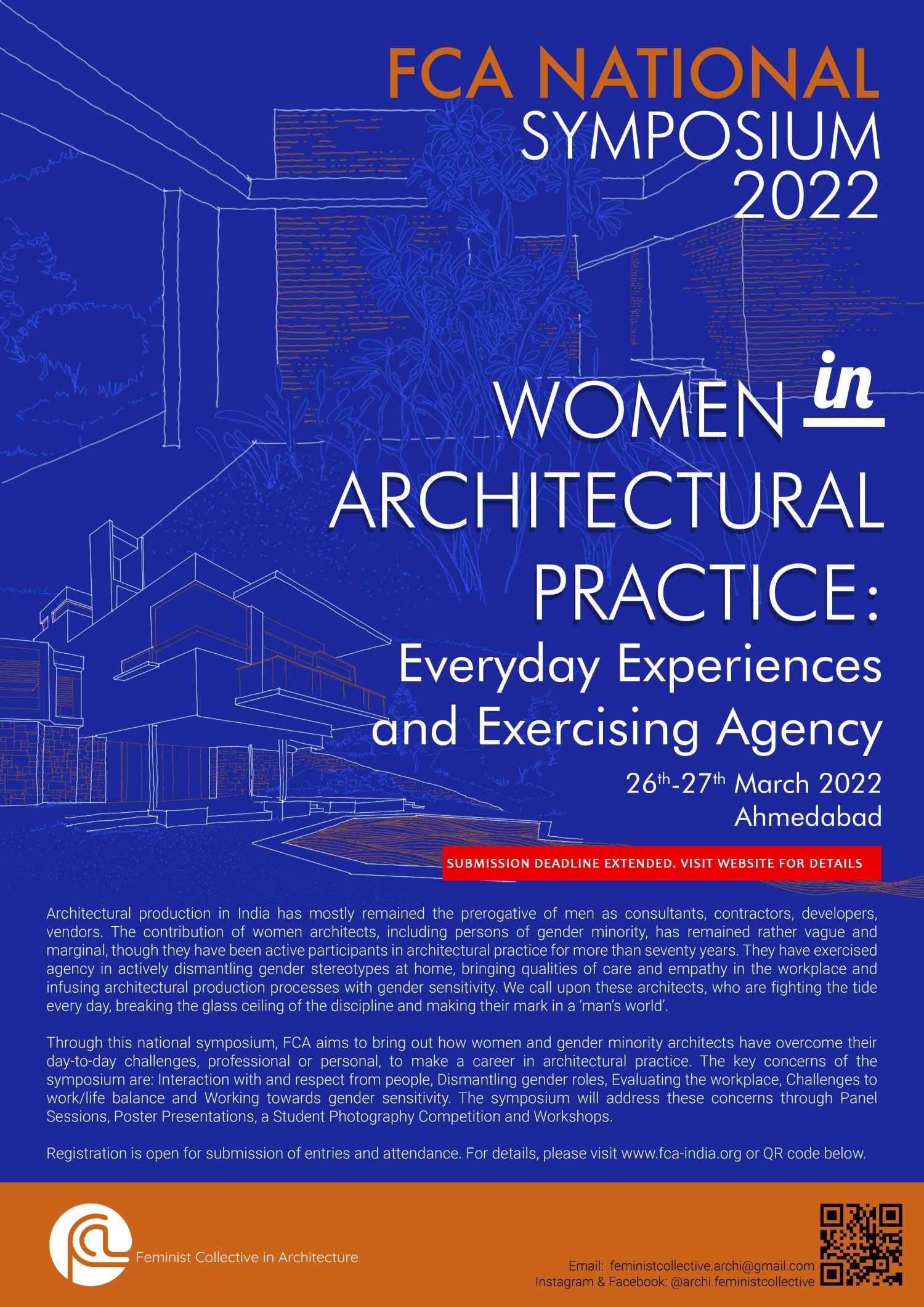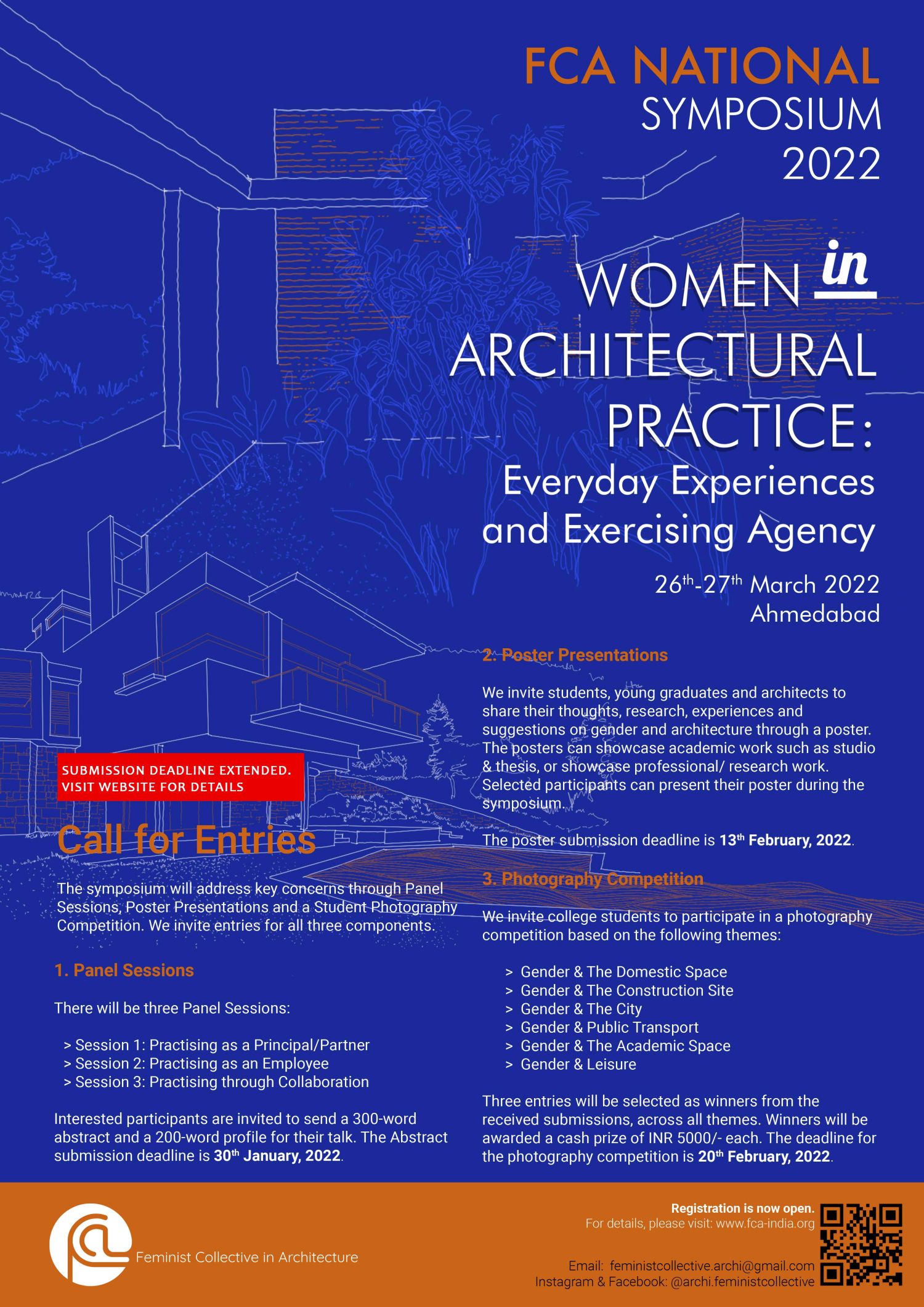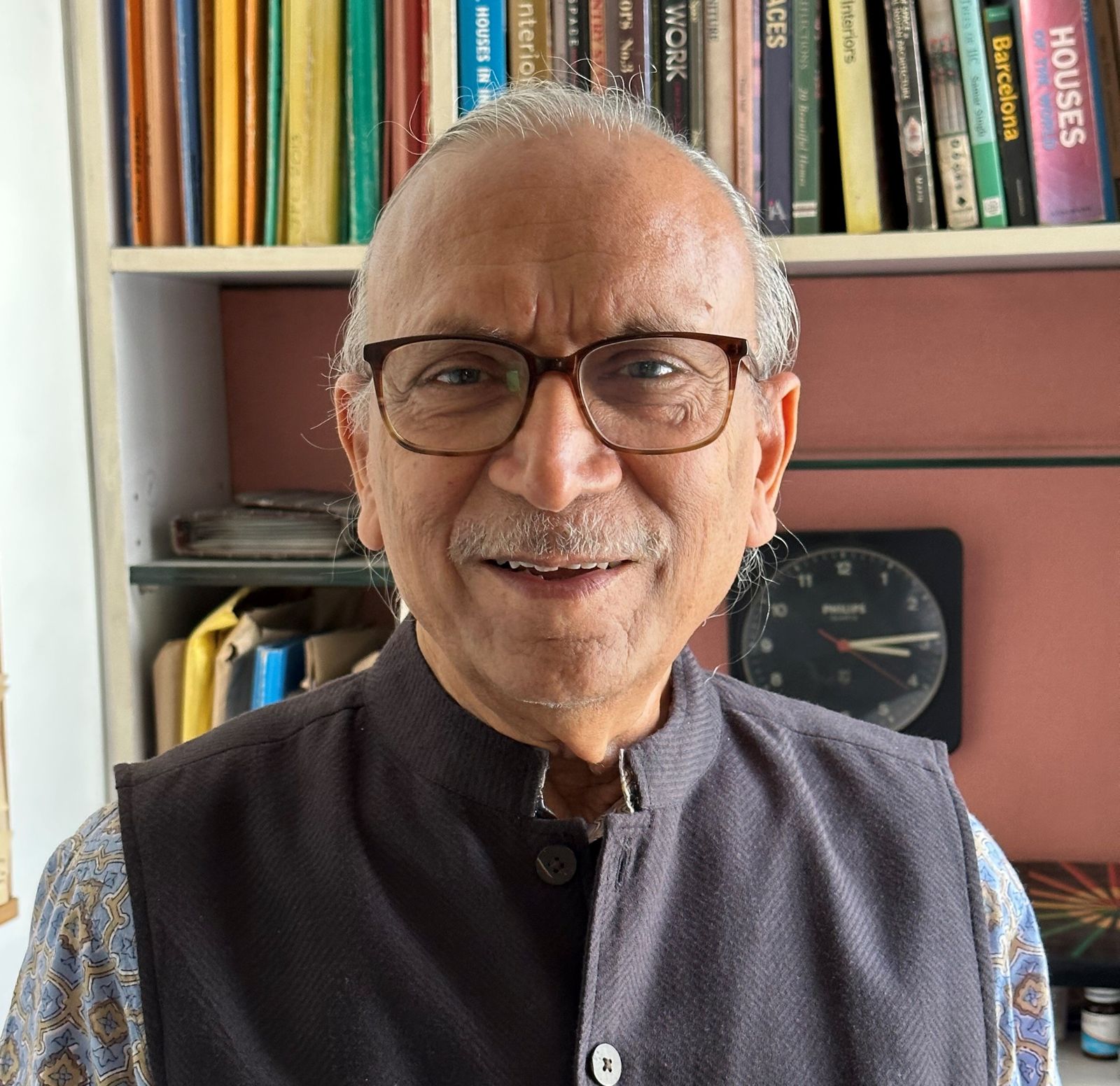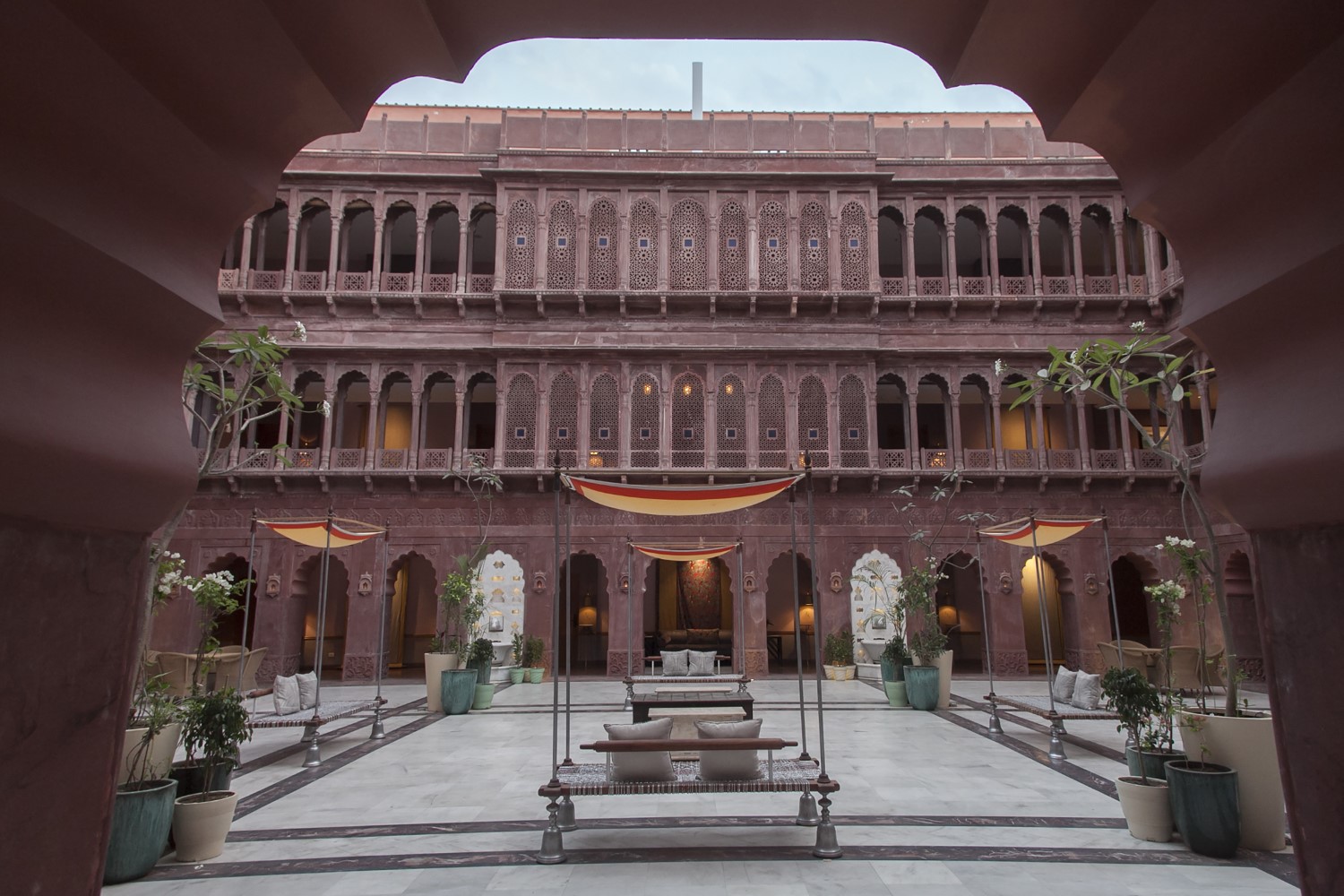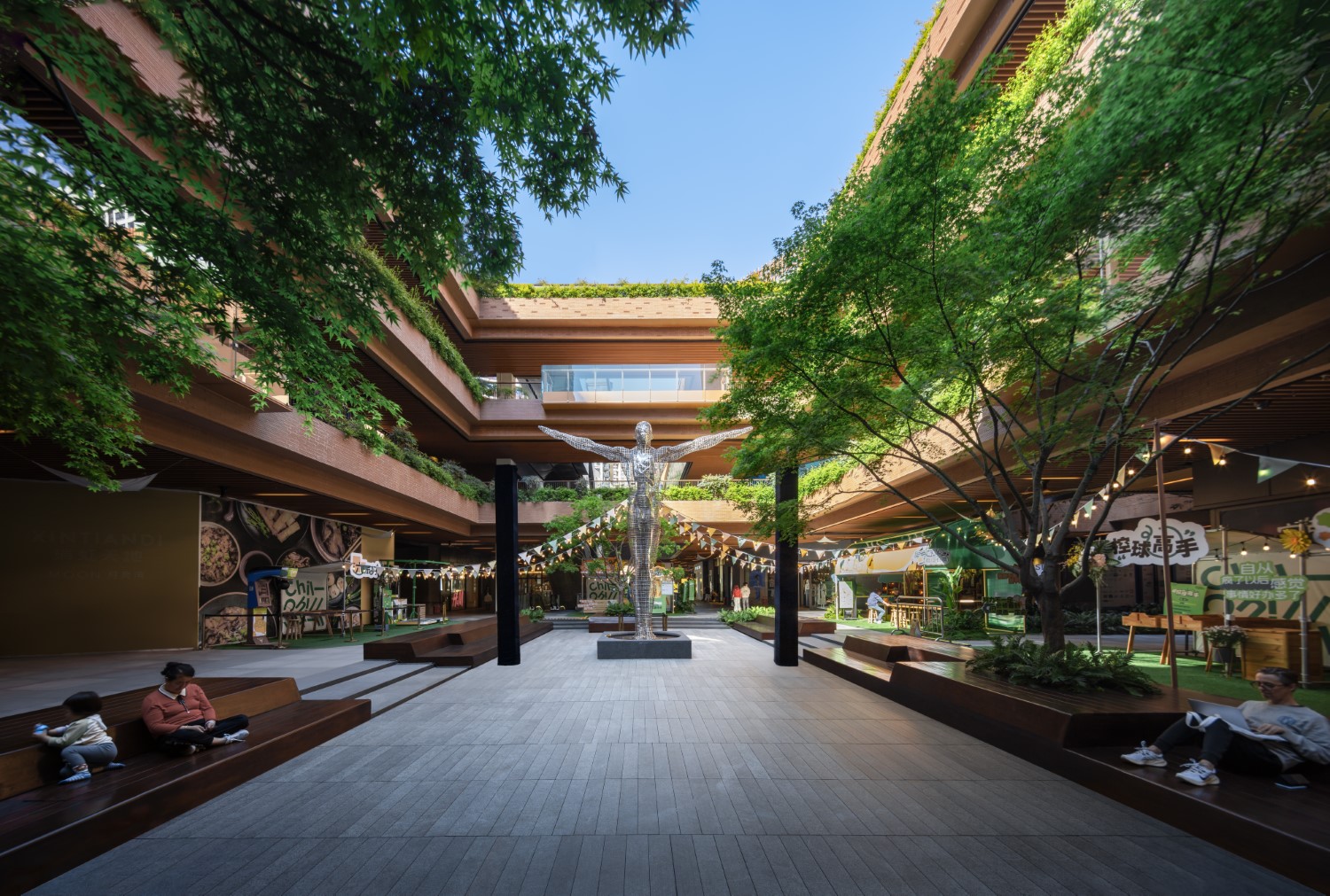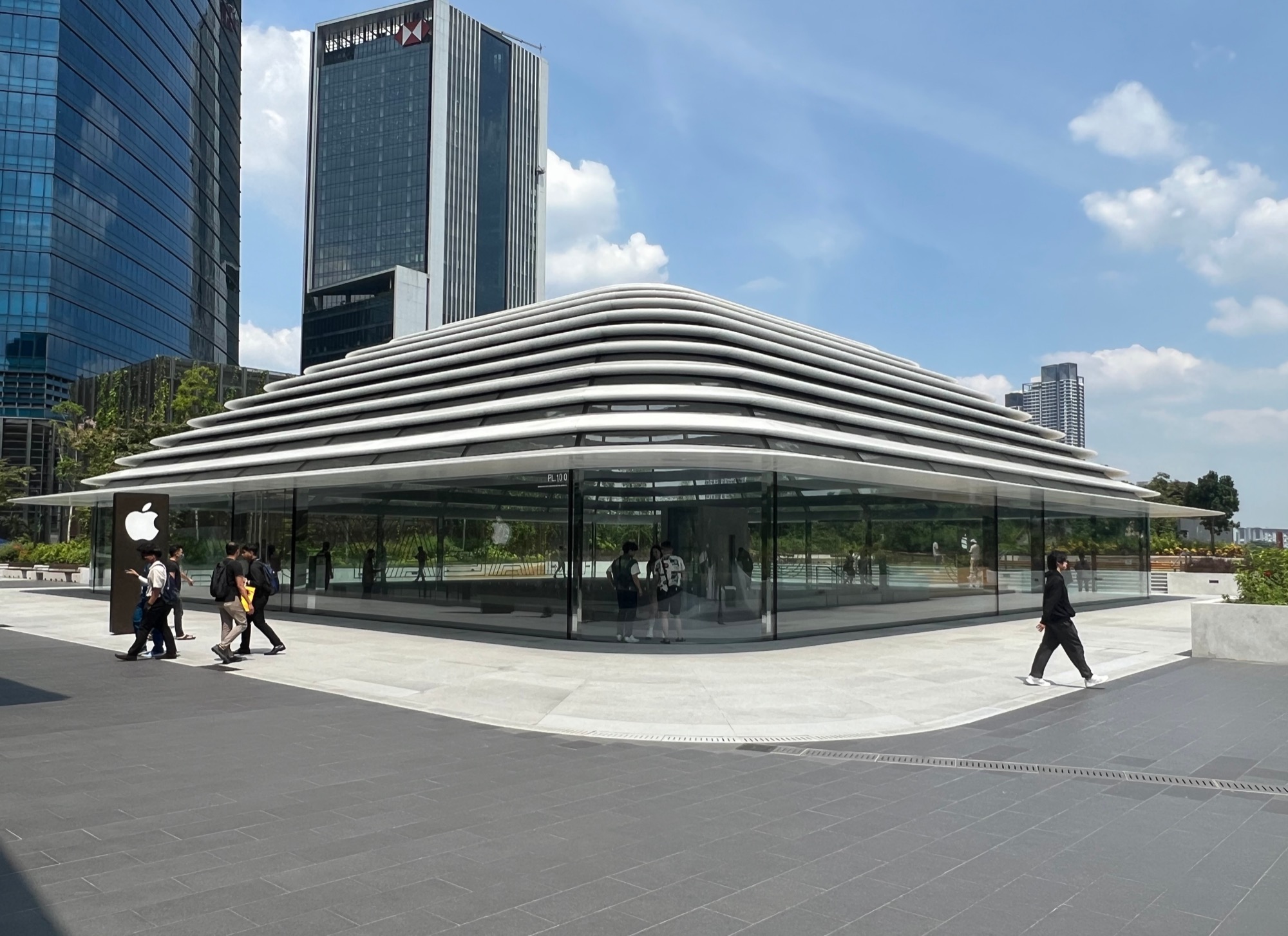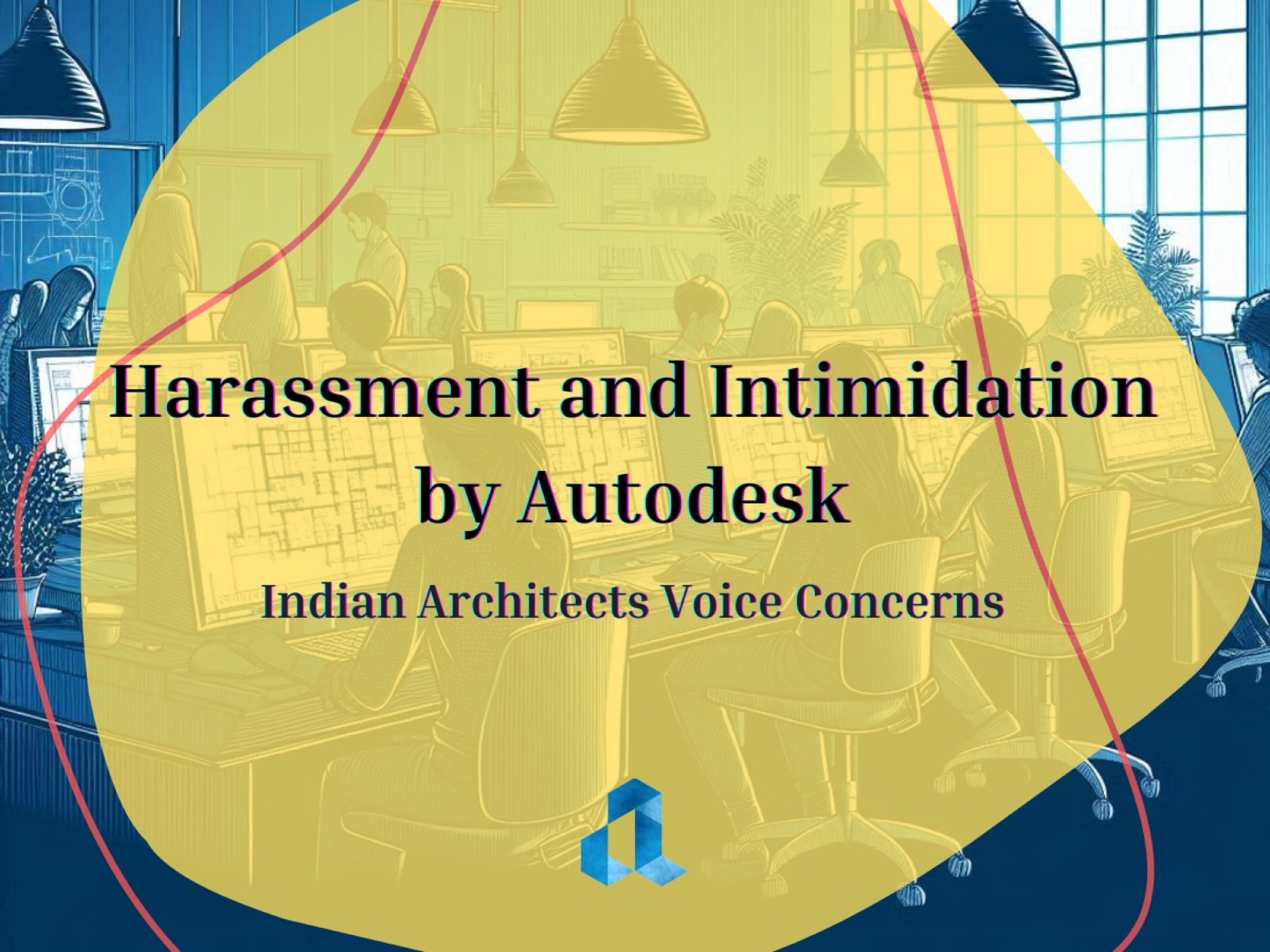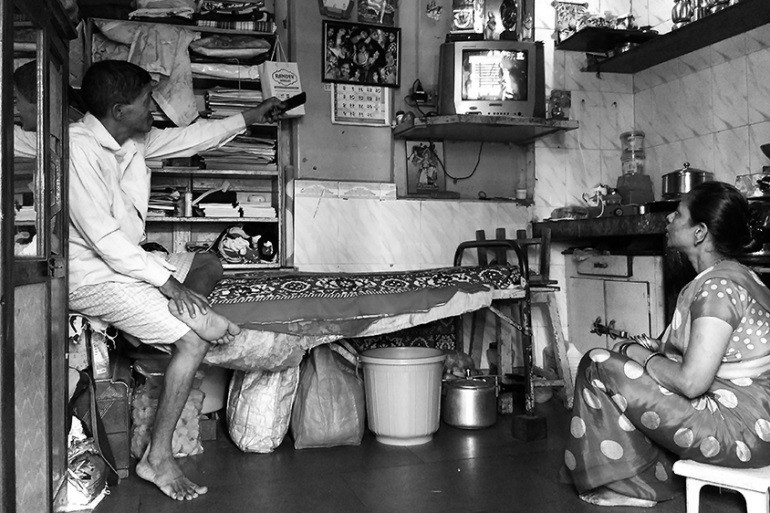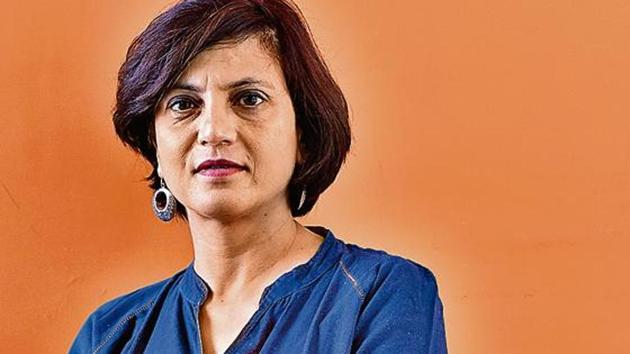The Context
All over the world; but especially in South Asia, women have been ignored in the canonical histories of architecture. Architectural production has mostly remained the prerogative of men (as consultants, contractors, developers, vendors) due to the patriarchal nature of Indian society. It has created a dominant masculine culture that is reinforced by the academic curricula and pedagogy in architecture schools. The contribution of women architects, including persons of gender minority, has been considered as rather vague and marginal, though they have been active participants in architectural practice for more than seventy years in India. The discipline is also affected by its fascination with the celebrated master architects, predominantly male, resulting in subtle discrimination and marginalization of women within the profession.
In the 1930s and 1940s, as modern thought began to pervade Indian Society, few women, mostly from privileged backgrounds, were able to break the traditional confines of the era, in which their identities were defined by domesticity: children, family and home. Architects like Perin Mistri, Gira Sarabhai, Eulie Chowdhury and Pravina Mehta contributed to the spirit of nation building as independent practitioners and partners. Innovative concepts such as New Bombay by Pravina Mehta (along with Charles Correa and Shirish Patel) and buildings like the Calico Museum, Ahmedabad by Gira Sarabhai and the Government Home Science Building by Eulie Chowdhury, Chandigarh are legacies of early women architects.
From the 1990s onwards, enrolment of women students in architecture has been steadily increasing and they now represent nearly half of the graduating students from around 450 academic institutions in the country. However, their presence in practice continues to be marginal, with high attrition rates. Women’s status in architecture has been long dismissed as a non-issue and until recently, has hardly been part of any agenda or discourse despite a stubbornly persistent gender gap. Except for a few successful women, a large number of active women practitioners still remain invisible in the industry and in the perceptions of society at large. Why is this so? Why are there so few women leading large and successful practices? What stops women from setting up and sustaining their own practices?
It has to be accepted that architecture is a difficult business for an average practitioner, especially in terms of getting projects and sustaining finances. It is a struggle for most new entrants of all genders (women, men and others) to survive due to complex reasons, not the least being the hegemony of developers and large, established firms. It is also true that changes in societal and professional structures have facilitated a better work environment for women, providing newer prospects and opportunities in the field of architecture. Some men have begun recognizing their responsibilities on social and domestic fronts, stepping in for child-care and elderly-care when the women are unable to do so. This has made it possible for women to have fulfilling careers as employees and employers, in academia, in government jobs and through a myriad of innovative initiatives.
However, these changes in attitudes and practices are as yet sporadic and largely stemming from individual circumstance and initiative. Majority of women still face great challenges and barriers for progress, not only due to their gender, but also other intersectional disadvantages such as class, caste, religion and even body type and language. Women architects face relentless challenges of balancing their work and life, with a major share of domestic labour and parenting duties, lack of trust of clients, push towards interior projects and many other issues if they are leading their practice. Women employees, on the other hand, have to deal with long working hours, relatively low pay scales, a stereo-typical role playing in the workplace, fewer site facilities, absence of flexibility, and even subtle intimidation.
In a ‘modern’ world, education and other developmental progress may give a sense that women are now ‘equal’ to men in all spheres and spaces; however, it may also be true that the discrimination is now more subtle and insidious. These experiences lead women architects to respond in different ways, owing to their dispositions and capacities. While some women take to over-compensation, moving into other design disciplines or academics, some others take on masculine qualities like being aggressive, competitive and authoritative aspiring for power and control. In either case, women tend to delay marriage and children as they strive to advance in the field. As a result, they are made to accept the situation instead of exercising agency.
Symposium Brief
The symposium aims to highlight how women and gender minority architects have overcome their day-to-day challenges, professional or personal, to make a career in architectural practice. They have exercised agency in actively dismantling gender stereotypes at home, bringing qualities of care and empathy in the workplace and infusing architectural production processes with gender sensitivity, among others. In short, they have brought in humane qualities into practice without compromising on professionalism.
We hope to go beyond the idea of success as being ‘famous’ or being ‘starchitects’ by recognising the valuable contribution of lesser-known women architects to the built environment. We aspire to give voices and visibility to women who have been working at various levels in the industry as employees, owners/partners and collaborators. The symposium especially wants to stress on empathy, co-operation and social justice by bringing out ways in which they have dealt with their everyday challenges. We acknowledge and appreciate the diversity and the broad scope of professional engagements that they have brought into architecture.
In the symposium, we hope to develop a collective, positive knowledge through sharing of experiences, policies and strategies and to build on one another’s success trajectories while also learning from failures. In order to re-define the discipline and practice of architecture from a feminist perspective, the discussions will range from personal struggles to larger changes that need to be made as a fraternity. It will address current work as well as the empowerment of the next generations.
We also want to recognise changing thought processes among men who are playing their part in the spirit of equality. We call upon women and gender minority architects who are fighting the tide every day, breaking the glass ceiling of the discipline and making their mark in a ‘man’s world’.
Symposium Concerns:
- Interaction with and respect from people: For example, clients, consultants, executing agencies, fellow architects, employers.
- Dismantling gender roles: For example, socio-cultural biases at the workplace, at home, and at the construction site.
- Evaluating the workplace: For example, work roles & responsibilities, pay equity, mental health, job security, mentoring, career development and leadership, facilities
- Challenges to work/life balance: For example, childcare support, flexibility in schedules, maternity leave and availability of site facilities, role of men/family.
- Working towards gender sensitivity: For example, influencing policies and increasing representation of women in decision-making bodies, changing the way the profession and/or professionalism are defined, making the workplace gender sensitive.
Symposium Components
The keynote lecture for the symposium will be delivered by Shimul Javeri Kadri, founder and principal of SJK Architects, Mumbai, one of the leading architectural practices in India. Since the 1990s, SJK Architects has contributed considerably to the architectural profession and has won several awards and accolades under Shimul’s leadership.
The symposium will address the key concerns through Panel Sessions, Poster Presentations, a Student Photography Competition and Workshops. There will be 3 moderated panel sessions based on diverse modes of practice, in which practitioners will share their personal and professional experiences through a presentation. In the poster presentations, students and architects will share their research, experiences and suggestions on the symposium concerns through academic or professional work. The photography competition aims to encourage students to become observant and sensitive towards the gendered nature of everyday spaces and ways in which women and gender minorities claim their place in society. Selected posters and photographs will be exhibited alongside the panel discussions and workshops. Access details on the above components under Call for Entries.
On the first day of the symposium, there will also be opportunities for informal/interactive discussions and knowledge exchange on related themes through a series of workshops. These workshops will be conducted by FCA Members and will include activities like debates, quiz and role play. Participation in the workshops is optional; enrollment can be done at the time of online registration. Registration will be on a first come first serve basis with a maximum of 20 seats per workshop.
One of the following workshops can be selected during registration:
- Workshop 1: Starting & running one’s own practice
- Workshop 2: Returning to the profession after a break
- Workshop 3: Women in allied building and construction professions
Location
The symposium will be conducted in person in Ahmedabad, Gujarat. Details of the venue will be announced soon. All arrangements will be made as per COVID-19 protocols following safety precautions and social distancing norms. In case of government restrictions due to the COVID situation, the symposium will be postponed to a later date. Attendance fees will be fully refunded for those who wish to withdraw.
Dates and Procedures (Check the website for updates)
| 31st December 2021 | Online Registration Opens |
| 30th January 2022 | Submission of Abstracts for Panel Sessions |
| 11th February 2022 | Announcement of Selected Abstracts for Panel Sessions |
| 13th February 2022 | Submission of entries for Poster Presentations |
| 18th February 2022 | Announcement of Final Schedule |
| 20th February 2022 | Submission of entries for Photography Competition |
| 25th February 2022 | Announcement of Selected Entries for Poster Presentations & Photography Competition |
| 27th February 2022 | Early Bird Registration Ends |
| 20th March 2022 | Online Registration Ends |
| 26th & 27th March 2022 | Symposium |
Contact Details:
In case of any queries, reach us at:
Email: [email protected]
Instagram & Facebook: @archi.feministcollective
Registration
You will be required to fill an online form to register for the symposium. Registration is required for submitting an entry as well as for attendance. Registration fees are as below. Please note that the registration fees for participation and for attendance are separate and independent. All participants must additionally pay the registration fee in order to attend the symposium. Registration fees include lunch and tea for both days, workshop material and symposium kit. Travel and accommodation are not included.
| Particulars | Deadline | Fees | |
| 1 | Participation fees for submitting entries for Panel Sessions, Posters or Photography Competition | Refer website | INR 500/- per entry |
| 2 | Registration fees for attending the Symposium | ||
| 3 | Early bird Registration fee for students | 27th February, 2022 | INR 1500/- per person |
| 4 | Early bird Registration fee for non-students | 27th February, 2022 | INR 2500/- per person |
| 5 | Registration fee for students | 19th March, 2022 | INR 2000/- per person |
| 6 | Registration fee for non-students | 19th March, 2022 | INR 3500/- per person |
Payment Details
To complete the registration, you will be required to upload the payment receipt as a JPEG or PDF file in the registration form.
- Mobile Number for GPay, PayTM and other UPI apps: +91 99252 83838
- Bank details for Net Banking:
Name: Himani Vinodrai Shingala
Account No: 33362580303
Type of Account: Savings
IFSC Code: SBIN0016034
Register for the symposium here.

